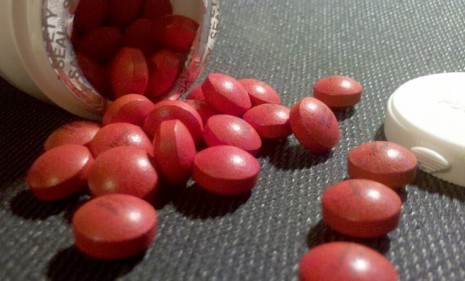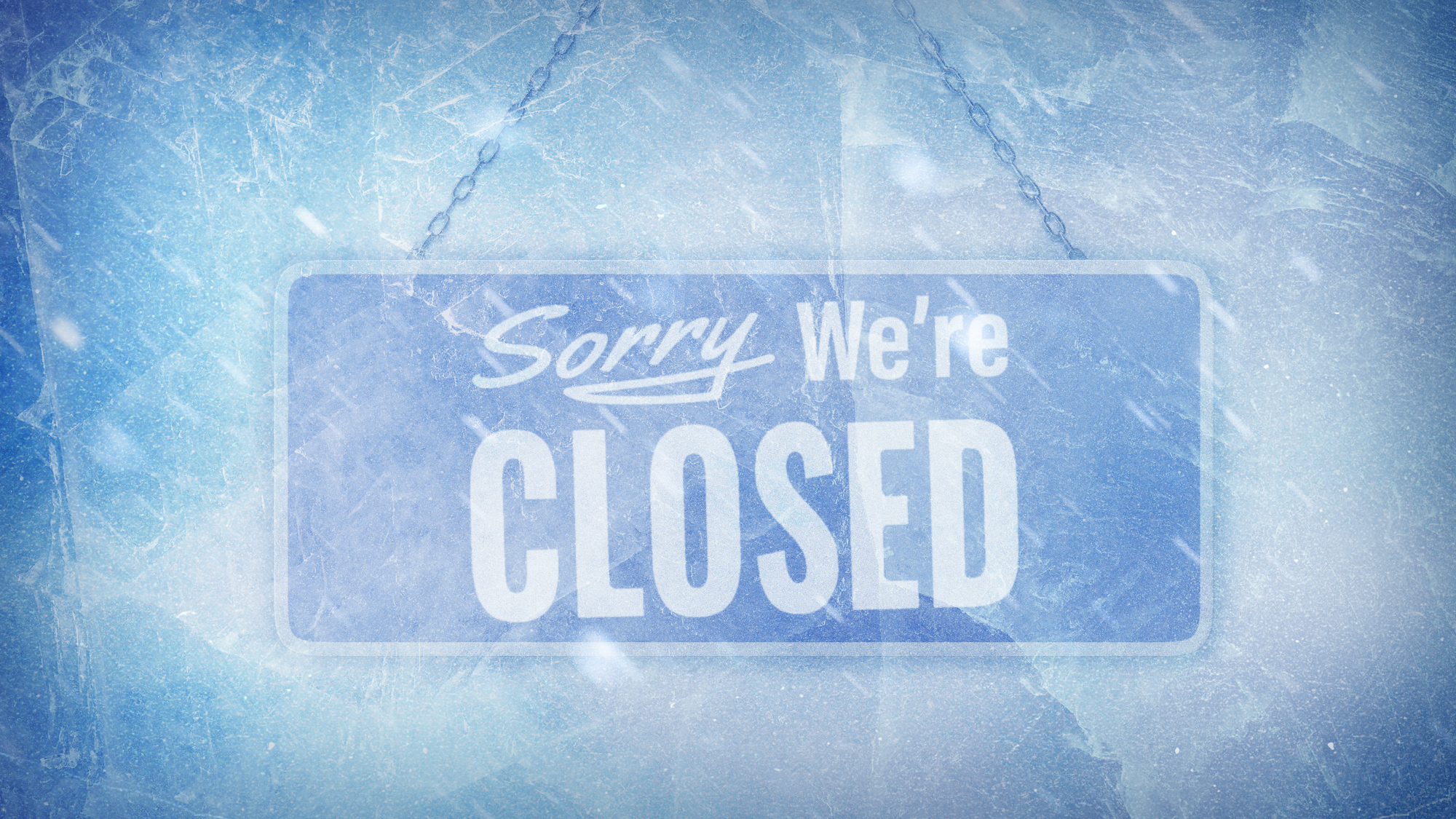Time to cut back on Tylenol?
To reduce the risk of accidental overdoses, the maker of the popular pain medication will lower the maximum daily dose

Johnson & Johnson, the manufacturer of Tylenol, has announced that it's reducing the maximum daily dose of Extra Strength Tylenol in an effort to lessen the risk of accidental overdoses. The pain medication, also known as acetaminophen, is taken by an estimated 50 million Americans each week. Here's what you need to know:
They're reducing the maximum daily dose?
Yep. Starting this fall, Extra Strength Tylenol's label will list the maximum daily dose as six pills, or 3,000 milligrams, down from the previous maximum dose of eight pills a day, or 4,000 milligrams.
The Week
Escape your echo chamber. Get the facts behind the news, plus analysis from multiple perspectives.

Sign up for The Week's Free Newsletters
From our morning news briefing to a weekly Good News Newsletter, get the best of The Week delivered directly to your inbox.
From our morning news briefing to a weekly Good News Newsletter, get the best of The Week delivered directly to your inbox.
What's so dangerous about Tylenol?
Nothing... except at high doses. "Acetaminophen is safe when used as directed," says Dr. Edwin Kuffner, as quoted by the Associated Press. But acetaminophen is also recognized as the leading cause of liver damage, which can be fatal. An estimated 56,000 people in the United States are sent to emergency rooms each year due to overdoses of acetaminophen, and the drug is blamed for about 26,000 hospitalizations and more than 400 deaths annually.
Why are there so many overdoses?
The painkiller is found in dozens of prescription and over-the-counter drugs, and most people don't know it's in there. Sudafed, NyQuil, Excedrin, Anacin, Midol, Theraflu, Alka-Seltzer, Percocet, and Vicodin all contain acetaminophen, but on some packages it's listed, confusingly, as APAP. So people often take these other drugs plus some Tylenol, not knowing that these drug combinations contain dangerously high doses of acetaminophen.
A free daily email with the biggest news stories of the day – and the best features from TheWeek.com
What is the FDA doing about this problem?
Acetaminophen has been under intense FDA scrutiny in recent years, and Johnson & Johnson's action follows a 2009 recommendation from an FDA advisory panel that the maximum daily dose be lowered. The agency also recommended that a "black box" warning label be placed on all prescription drugs that contain acetaminophen within the next three years.
Sources: Associated Press, CNN, MedPage Today, WebMD
-
 ‘No one is exempt from responsibility, and especially not elite sport circuits’
‘No one is exempt from responsibility, and especially not elite sport circuits’Instant Opinion Opinion, comment and editorials of the day
-
 Businesses are caught in the middle of ICE activities
Businesses are caught in the middle of ICE activitiesIn the Spotlight Many companies are being forced to choose a side in the ICE debate
-
 Leadership: A conspicuous silence from CEOs
Leadership: A conspicuous silence from CEOsFeature CEOs were more vocal during Trump’s first term